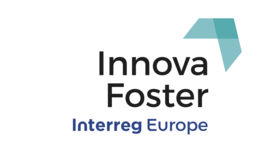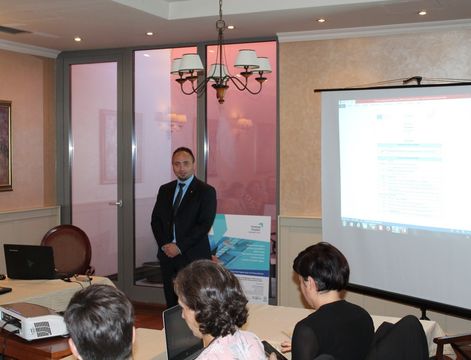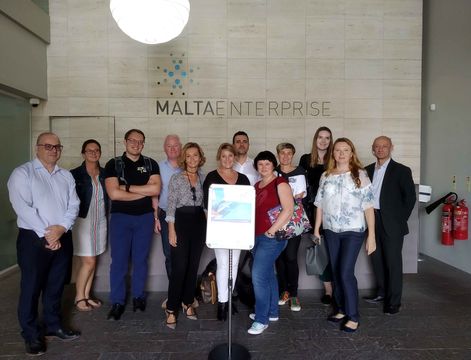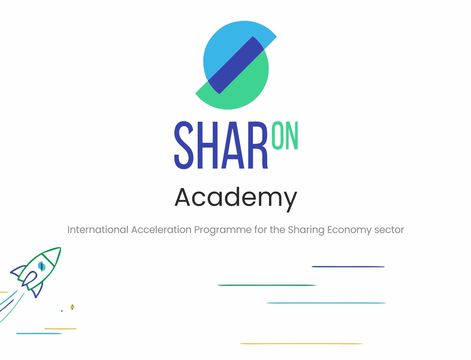With the end of year 2018, the first phase of Innova Foster project is ending. It was the process of interregional learning that begun in January 2017. During two years partners took part in study visits, workshops, and peer-reviews. The goal was to collect knowledge and experience necessary to develop action plan to be implemented and monitored during the upcoming phase 2.
Last two years were very educational and full of food for thought for Innova Foster partners from seven European countries: Slovenia, Estonia, Spain, Ireland, Great Britain, Malta, and Poland. Representatives of the partner regions has met and worked together multiple times, and also shared both knowledge and possible solutions for accomplishing project’s main goal
to engage startups into the local or regional-leveled initiatives and encourage them to take more active role in their communities and to provide the region with more innovative solutions for the leading industries.
 To start with, it was necessary to diagnose local startup ecosystem, in order to determine entrepreneurs’ needs or matters worth working on. Every partner diagnosed existing startup and SME community in the region, identifying its strengths, weaknesses, opportunities and threats. Apart from that, the level of institutional support was measured and included in the diagnosis. Naturally while analyzing the ecosystems, companies or initiatives worth following were found. Being an example of well managed organizations and know-how sources, they were determined as good practices for the Innova Foster project.
To start with, it was necessary to diagnose local startup ecosystem, in order to determine entrepreneurs’ needs or matters worth working on. Every partner diagnosed existing startup and SME community in the region, identifying its strengths, weaknesses, opportunities and threats. Apart from that, the level of institutional support was measured and included in the diagnosis. Naturally while analyzing the ecosystems, companies or initiatives worth following were found. Being an example of well managed organizations and know-how sources, they were determined as good practices for the Innova Foster project.
During the study visits every partner had to held in his region, the good practices were presented. Many times guest partners had an opportunity to visit host’s identified best examples of companies, to see other countries’ management and business models. It was also a great chance to share experience and thoughts on possible solutions to leverage startups growth and development. Interregional visits also enabled all partners to conduct peer reviews. This evaluation allowed to determine at what stage each partner is in the context of the project implementation, and in which aspects partners can help each other.
 The crucial activity of the ending phase was developing the action plans based on all the knowledge partners acquired during it. Each partner had to firstly analyze identified good practices exhaustively. The following step was to formulate a plan of activities based on obtained results, which aim is to enhance SMEs growth and contribution to the partner’s region. After submitting all action plans to the project’s founding programme – Interreg Europe, partners will implement the plans and monitor this process, in order to later on formulate recommendations or possible improvements for future editions of the action plan implementation.
The crucial activity of the ending phase was developing the action plans based on all the knowledge partners acquired during it. Each partner had to firstly analyze identified good practices exhaustively. The following step was to formulate a plan of activities based on obtained results, which aim is to enhance SMEs growth and contribution to the partner’s region. After submitting all action plans to the project’s founding programme – Interreg Europe, partners will implement the plans and monitor this process, in order to later on formulate recommendations or possible improvements for future editions of the action plan implementation.











